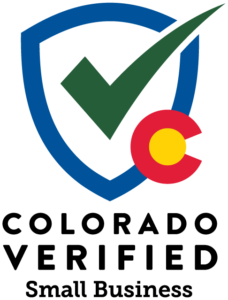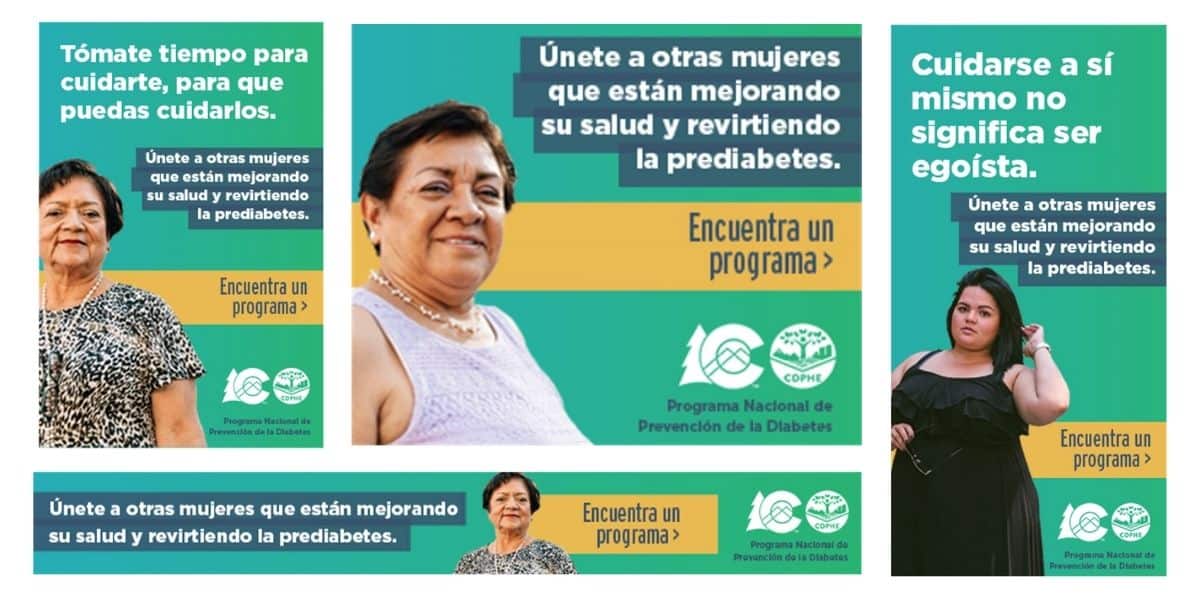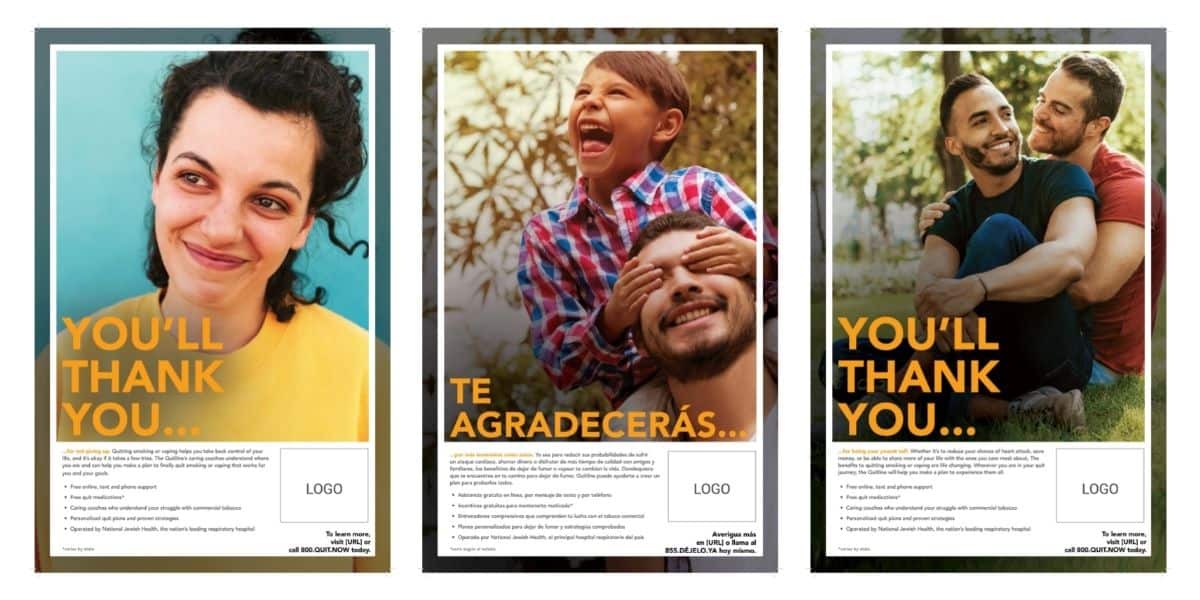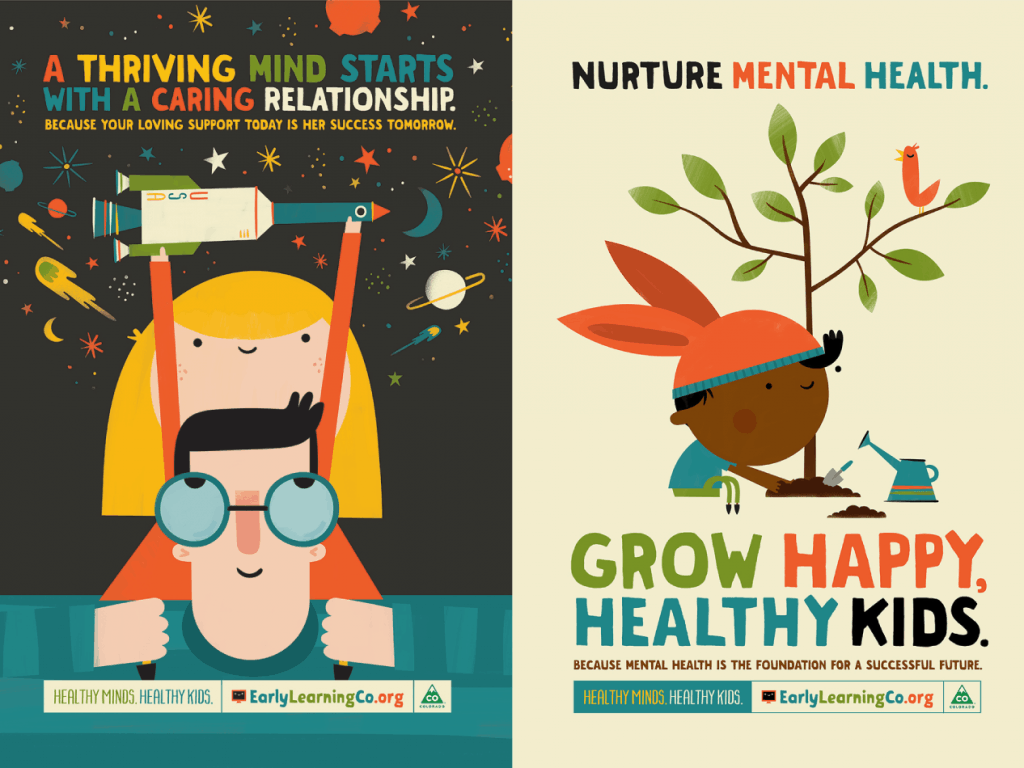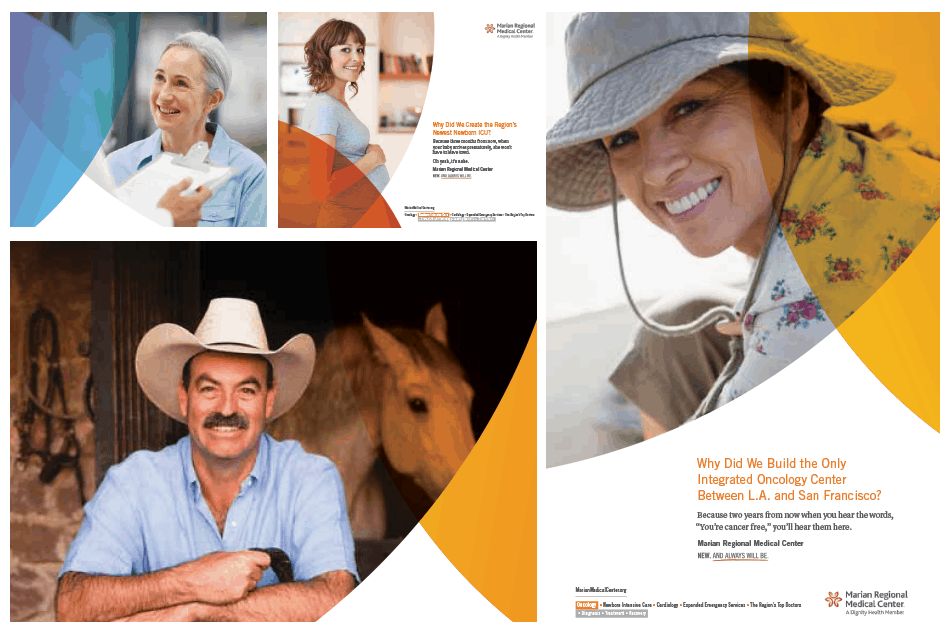Search engine optimization (SEO) is of course a top priority when marketing products and services. But it may not be top of mind for nonprofits, foundations, cause-marketing campaigns and behavior change efforts. Denver-based SEO and analytic strategist Tyler Lane tells us why SEO for nonprofits should be a primary focus.
Nonprofits, foundations and cause marketing campaigns aren’t so different from for-profit companies running online marketing campaigns: They all want to deliver an impactful message, targeting a specific audience, and encouraging that audience to perform a particular task.
Based on my experience, cause-based organizations are made up of intelligent, focused and passionate people. These individuals all are seeking to raise awareness of their organizations’ goals and spread general knowledge and/or encourage users to participate in their initiatives. They may use traditional marketing tactics like creating a quick website, testing the waters of digital and traditional advertising, sending out press releases, and holding events.
These tactics can be impactful, but they almost always fail to provide users with a focused marketing strategy that starts and ends with the heart of the marketing strategy, the website. Neglecting this fundamental nonprofit search engine optimization (SEO) and content strategy is leaving quality users and engagement of the users behind.
Missing Piece of the Pie
Wouldn’t it make sense to try to understand target users’ research process when they are considering a desired task around your campaign? From the variety of cause-based marketing campaigns I’ve evaluated and nonprofit organizations I’ve collaborated with, it is evident that most are focused around awareness-based strategies. This awareness focus can be initially beneficial, but doesn’t stand the test of time as users begin to require additional information in their evaluation process.
Our society has become incredibly savvy about how to conduct research online; search engines are a primary resource. Google now processes more than 1.2 trillion searches annually as these graphics vividly illustrate. This means that securing a positive web experience for your target audience is mandatory.
As users have become more experienced researchers, search engines have evolved to be able to process complex search query requests. Google’s semantic search capabilities are designed to discover a searcher’s specific intent through contextual significance. We are now asking Google specific and complex questions and generally we are getting served great results!
Nonprofit SEO Focus Areas
These specific results are not random. No, SEO is not about “sprinkling” keywords on your site in hopes search engines will see them. SEO is about creating a quality experience for your users first and search engines second. This is done through a variety of technical and on-page tactics like internal linking (linking from one page to another), quality content generation, sitemaps and ensuring your site loads fast on all devices. There is no “silver bullet” in SEO. You need to be in it for the long haul.

Keyword should be strategically placed within content, not arbitrarily sprinkled about.
Always have the user in mind.
Wouldn’t it make sense to try to understand target users’ research process when they are considering a desired task around your campaign? Every nonprofit or cause-based campaign is going to have a variety of goals to achieve. Not every campaign is going to be promoted by a well-established organization that is a household name.
In that case, the brand’s message, goal and credibility will be crucial to establish. This can be established through a variety of tactics online such as building local-based signals, creating social profiles, partnerships with other organizations, etc.
Once an organization is making progress in establishing itself with a specific target audience, the next step is to create content to support the middle or consideration (research) phase of a user’s process online. This requires being able to outline answers to specific questions users may have about the cause. Users will gauge interest in a topic if credibility is established through answers to questions about general aspects of the cause, not solely about the organization.
Using Marketing Funnels for Your Nonprofit’s SEO Strategy
Let’s say I’m passionate about youth mentoring and I would like to give back to my community and get involved with a mentorship program. This means I’m already past the awareness stage of my research. I know what I want to focus on, so content about “giving back to community” or “local volunteering opportunities” are a bit too general. I just don’t know what types of programs to pursue. I don’t know if they cost anything or what the time commitment time will be, etc.
Those questions and many more just like them need to be answered by the organization. I’m not just referring to FAQ-type content, but content that really expands on question-based concepts that target audiences may be seeking answers to. The consideration stage of the content generation process will likely continue to be the most in-depth portion of your organization’s site. New topics and questions will arise and organizations will evolve – the content must follow!
The tertiary stage is focused on action or conversion. For your nonprofit’s SEO strategy, this is likely going to be where users choose to grant personal information to make sure they are kept aware of the organization’s goals, events and general information on a consistent basis. Whether it is subscribing to a YouTube channel or opting in to receive a newsletter, this is crucial for the cause to stay top of mind to the target audience.
Even if a user has completed a desired task, the campaign is never truly over. The ongoing content generation to support, nurture and retain users must be maintained.
It’s important to plan for all stages
of a customer’s journey.
Use customer research to
create content that addresses
each customer stage from
awareness to conversion.

The Nonprofit Organic Search Landscape
All organizations are up against search competitors for desired keywords that are most important based on their value proposition, audience target, etc. Search engines reward sites that provide in-depth, thought-provoking, answer-based content – not brands with sites that solely talk about themselves. By mapping out the research stages of your audience segments, you will be able to successfully create content that will be relevant throughout their research process.
Ok, so you’ve created a process map, generated a variety of content, and followed SEO best practices for on-page and technical items. So, all you do now is publish the content and that’s it? Not exactly. By using your social media platforms, newsletters, offer emails, strategic partnerships and PR tactics to distribute your content, your organization will be putting out additional signals to the search engines that can bolster organic performance.
Of the hundreds of clients I’ve worked with (in a variety of industry verticals), almost all have organic search as the top channel for driving traffic to their sites. However, only about 10 percent of those brands are prioritizing SEO through the execution of a quality organic search strategy. This means that they are missing out on a lot of free traffic to their sites just because they don’t understand how to properly cater to searchers and search engines.
On the nonprofit and caused-based side, there is a clear lack of content that focuses on a user’s research path. These organizations are usually way too top heavy with too much awareness-based content and not nearly enough consideration-based content.
Too much to fully digest? I get it. Don’t overwhelm yourself with trying to do everything perfectly every time. Instead, tackle your SEO strategy in a few different pieces. Consider conducting a bit more audience-based research, taking a look at what content your search competitors are offering and how you can create better or more insightful content than they offer.
And, above all never stray away from your organization’s goals, as this will allow you to be confident that you are making the right decisions.
Interested in bolstering your nonprofit’s SEO efforts? Get in touch directly, interact with us on social media or submit a contact form request. We’d love to chat.

About the Author
Tyler Lane began his career working on web design, graphic design and user experience (UX/UI) in Vermont. He then became more involved with organic search or natural strategies to drive traffic to websites.
Moving to Colorado seven years ago, he managed the digital marketing presence of a health and wellness company. He then transitioned to work at digital marketing agencies, where he continued to refine and enhance his knowledge of organic search, analytics and various other digital marketing channels and techniques. He is now a consultant for a variety of agencies and direct clients. You’ll find him engaging with the local SEO community through presentations and meetups or racing down mountains on bikes or snowboards!
Connect with Tyler on LinkedIn and Twitter @tlane207.

